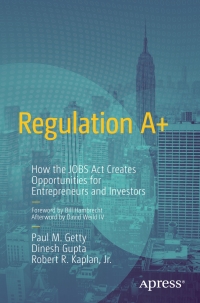Question
A firm estimates that its average-risk projects have a WACC of 10%, its below-average risk projects have a WACC of 9%, and its above-average risk
A firm estimates that its average-risk projects have a WACC of 10%, its below-average risk projects have a WACC of 9%, and its above-average risk projects have a WACC of 12%. Which of the following projects (A, B, and C) should the company accept?
A. Project B is of below-average risk and has a return of 10%.
B. Project C is of above-average risk and has a return of 11%.
C. Project A is of average risk and has a return of 9%.
D. None of the projects should be accepted.
To help finance a major expansion, a company sold a noncallable bond several years ago that now has 15 years to maturity. This bond has a 10.25% annual coupon, paid semiannually, it sells at a price of $985, and it has a par value of $1,000. If the companys tax rate is 10%, what component cost of debt should be used in the WACC calculation?
You were hired as a consultant to a company, whose target capital structure is 30% debt, 10% preferred, and 60% common equity. The before-tax cost of debt is 6.0%, the cost of preferred is 8.0%, and the cost of retained earnings is 12.0%. The corporate tax rate is 21%. The firm will not be issuing any new stock. What is its WACC?
Step by Step Solution
There are 3 Steps involved in it
Step: 1

Get Instant Access to Expert-Tailored Solutions
See step-by-step solutions with expert insights and AI powered tools for academic success
Step: 2

Step: 3

Ace Your Homework with AI
Get the answers you need in no time with our AI-driven, step-by-step assistance
Get Started


